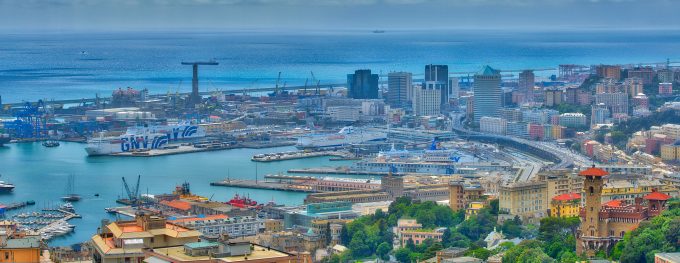Temu faces stricter rules as EU also clamps down on ecomm
It’s not just the US which is starting to scrutinise the ecommerce industry. Last week ...

The European Commission’s competition watchdog has launched an in-depth investigation into tax exemptions granted to Italian port authorities.
The move comes a year after the EC launched an initial probe into tax exemptions granted by the governments of Spain and Italy to port authorities.
Last year, the Spanish government amended its tax arrangements for port authorities “to the normal corporate income tax rules, as from 2020”. However, Italy did not follow suit.
Commissioner Margrethe Vestager, in charge of competition policy, said: “Ports are key ...
Maersk u-turn as port congestion increases across Northern Europe
Apple logistics chief Gal Dayan quits to join forwarding group
Maersk Air Cargo sees volumes fall as it aims for 'margin in favour of revenue'
Houthis tell Trump they will end attacks on Red Sea shipping
Transpac rates hold firm as capacity is diverted to Asia-Europe lanes
Airlines slash freighter capacity post-de minimis, but 'the worst is yet to come'
MSC revamps east-west network as alliance strategies on blanking vary
India-Pakistan 'tit-for-tat' cargo ban sparks sudden supply chain shocks

Comment on this article